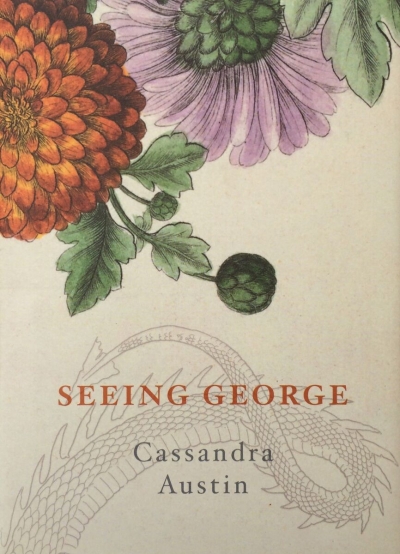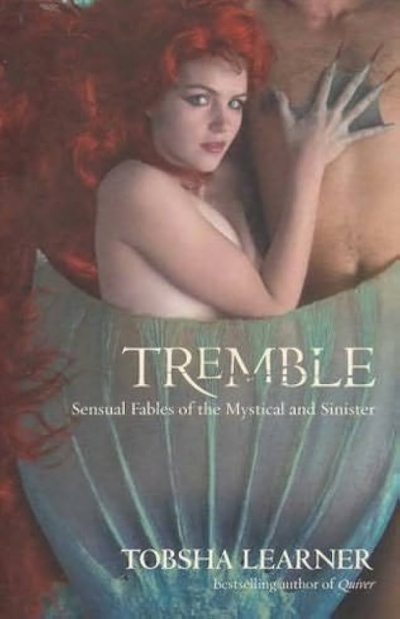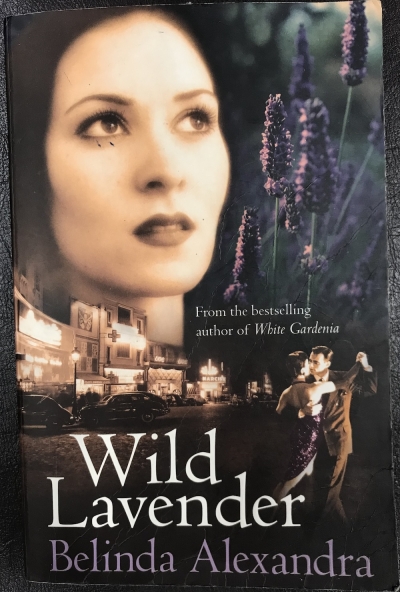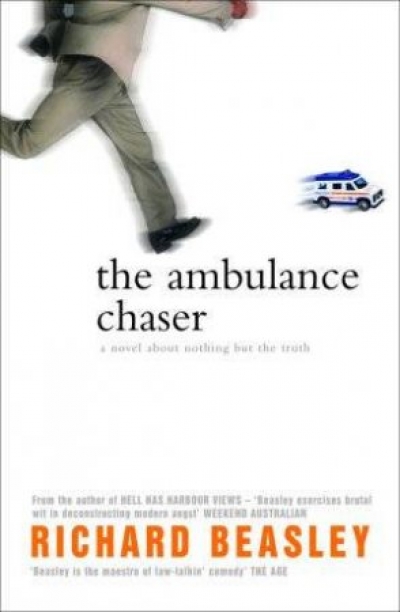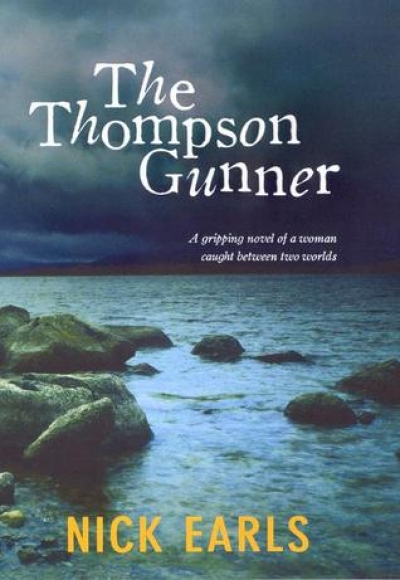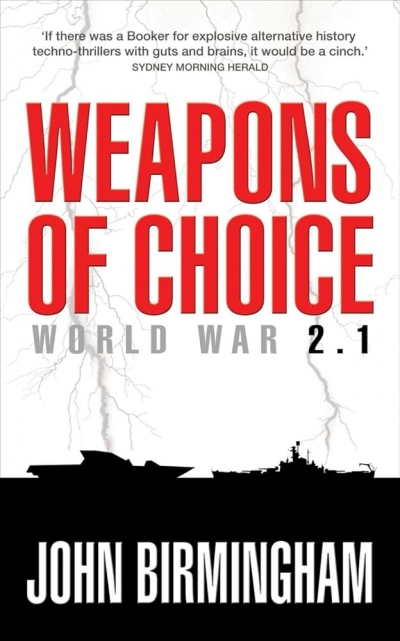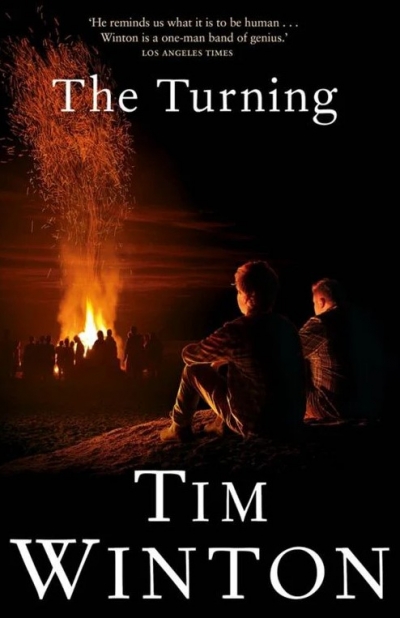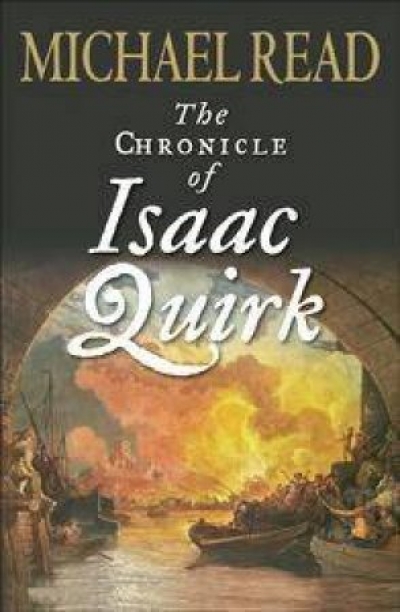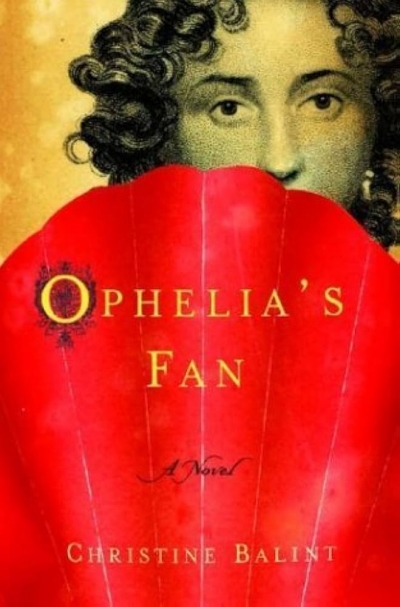Fiction review
Seeing George by Cassandra Austin & Backwaters by Robert Engwerda
by Gaylene Perry •
Tremble: Sensual fables of the mystical and sinister by Tobsha Learner
by Thuy On •
The Ambulance Chaser by Richard Beasley & The Naked Husband by Mark D'Arbanville
by Tony Smith •
Girl Underground by Morris Gleitzman & Tiff and the Trout by David Metzenthen
by Margaret MacNabb •
Ophelia's Fan by Christine Balint & Always East by Michael Jacobson
by Carolyn Tétaz •

